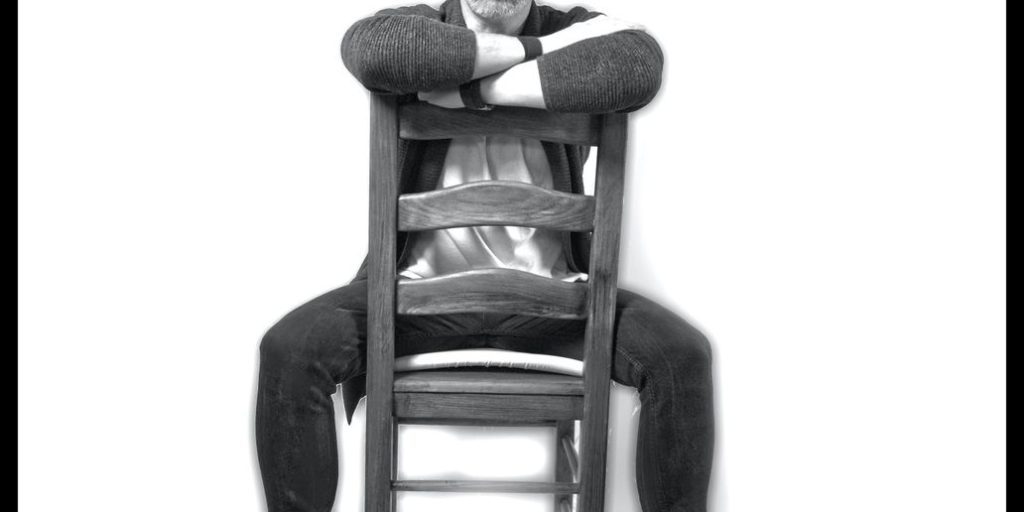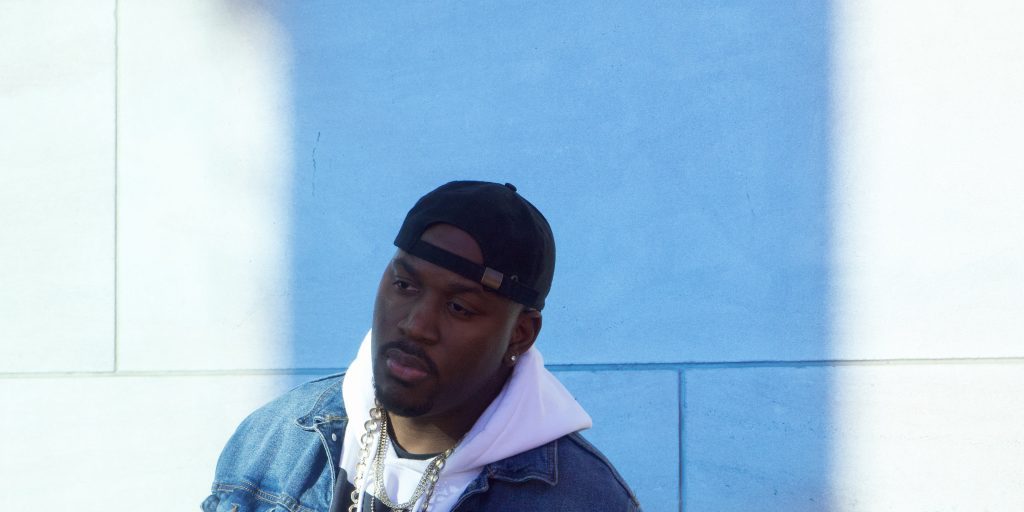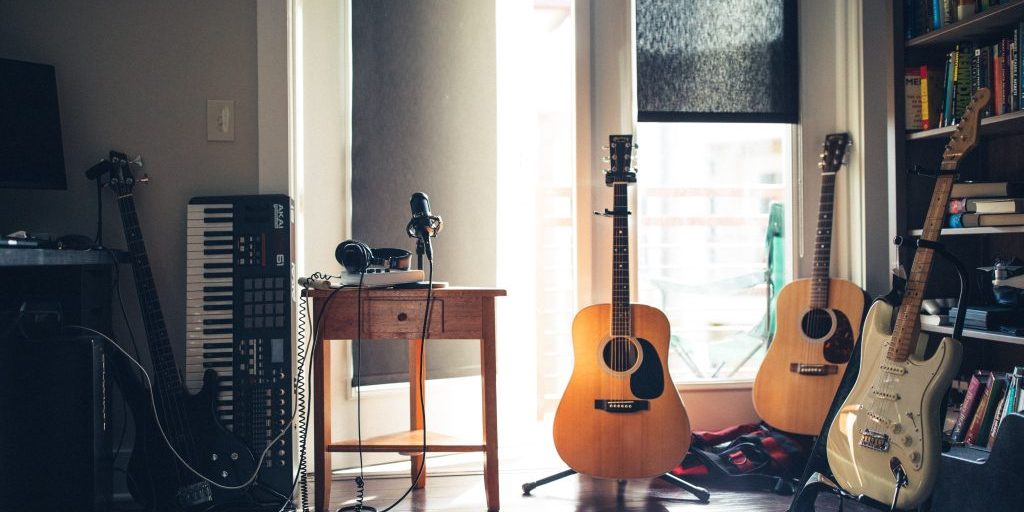How TikTok is Changing the Music Industry
Is the internet’s favorite platform a gateway for artist empowerment – or just another mechanism for exploitation? Let’s talk about it…
Unless you’ve been living under a rock for the last few years, chances are you’re aware of the cultural phenomenon that is TikTok. Since 2020, the downloads of the video sharing app have skyrocketed from an already substantial user base of 693 Million to now reaching more than 1 Billion active users worldwide.
In that time, TikTok has garnered a reputation of putting people – whether it’s would-be influencers, burgeoning creatives, small businesses, or the average Joe – on the fast track to stardom, notoriety and, of course, success. All it takes is the right post to go viral, and just like that, you too can be propelled onto the global stage.
How long you stay in the spotlight depends entirely on your ability to go viral again (and again, and again). But if you can – the payoff is astronomical.
So it’s no surprise that the platform has become an essential promotional tool for both independent artists and signed musicians alike. But with millions of dollars on the line and the ever-increasing pressure on artists to produce viral moments, it begs the question:
Is viral culture doing more harm than good in the music industry?
The Impact of TikTok on the Music Industry
The direction of the music industry has always been something of the classic “chicken or the egg” conundrum. Is the industry dictated by pop culture, or is pop culture shaped by the industry?
Don’t strain yourself trying to work that one out. The short (and paradoxical) answer is: it’s both.
When a particular sound or artist goes viral on the platform, we think that the industry is impacted retroactively, because we see it happening in real time. Small artists get launched into the pop culture stratosphere, mainstream musicians reach record-breaking streams on new releases, old favorites find their way back onto the charts for the first time in decades – all because of viral moments.
And while we’d all like to believe that these occurrences are coincidental, spontaneous and authentic, that isn’t always the case. What we don’t see are the larger forces at work in the background – as the saying goes: the devil works hard, but record labels work harder.
In 2020 and 2021, TikTok announced a partnership with the three record label giants – Universal, Sony and Warner, which allows users to use clips exclusively from their full catalogs. This means that these labels can stack the odds in their favor by effectively influencing what and how much a song gets pushed out to the masses.
Manufactured Moments, Capitalism and Control
TikTok is not only the perfect tool to promote new music, it also provides a practically unlimited audience pool to test upcoming tracks, and determine which songs have the greatest earning potential.
Songs that trend on the platform typically go on to chart on the Billboard 100 or Spotify Viral 50. According to a study conducted by the MRC Data, 67% of the app’s users are more likely to search songs on music-streaming platforms after hearing them on TikTok. And with their payout on the line, record labels aren’t willing to leave anything up to chance…
Many musicians have come forward in recent months saying that their labels are pushing them to find ways to go viral on TikTok, even if it means faking a “viral moment.” In a recent video, pop musician, Halsey, stated that their music is being held ransom until they can generate enough buzz on the platform to earn a release.
“Basically, I have a song that I love that I wanna release ASAP but my record label won’t let me. I’ve been in this industry for eight years and I’ve sold over 165 million records and my record company is saying that I can’t release it unless they can fake a viral moment on TikTok.”
Halsey
Other artists such as FKA Twigs, Florence Welch, Charli XCX have made similar videos on the app about the pressure they’ve felt from their labels to either make music they feel will be a hit on the app or to enhance their presence on the platform.
But it can’t be all bad, right? Let’s take a look at smaller, independent artists who have gotten their big break on TikTok.
What Really Happens When a Song Goes Viral
In a recent documentary, Vox partnered with The Pudding to determine what exactly happens to indie and DIY artists who go viral on TikTok, and to gauge whether viral success is a precursor to success in the industry.
The study analyzed 125 independent artist that had their music go viral in 2020. Ultimately, the study found a correlation between a song that goes viral on TikTok, and how it performs on streaming apps, which they dubbed the “TikTok to Spotify” pipeline. Additionally, 25% of all new artists that landed on the Spotify charts did so after going viral on TikTok.
So far so good, right? Well, here’s where it gets interesting…
Here Comes the Big Bad Wolf
The documentary showed that label market share on Spotify has consistently decreased over a period of four years from 87% in 2017, to 78% in 2020.
Instead, music labels’ have adopted a new strategy: monitor TikTok like a hawk for hit-makers then swoop in and sign them in time to profit from the TikTok-to-Spotify boom. According to the documentary, “If they get in at the right time, they can probably make their money back on pretty much one track.”
Because of the amount of revenue that can be generated from a single hit, many of these viral artists wind up at the center of an all out bidding war amongst the major labels, resulting in potential advances to the tune of a million dollars (or more).
With that kind of money on the table, many indie artists are all too eager to sign on the dotted line, only to wind up in a contract that not only takes away their music rights, but pays out a measly 15% royalty rate. As a result, the label ends up with majority ownership of the revenue and rights, and the artist gets a pretty pair of golden handcuffs and an advance they’ll never be able to repay.
On the flipside, some artists have realized that they don’t need a label at all to build a successful career. This has forced labels to reconsider the terms of their standard contracts. In some cases, musicians have received royalty rates as high as 50%, and retained the rights to their songs.
The Big Picture
There’s no question that TikTok is an extremely powerful tool, especially for independent artists with a dream to make it big. But when an entire industry is caught up in chasing virality, artists’ work is being held ransom, and making music has become a process of plugging pieces into the “viral hit” equation – we all lose.
At projectNEWM, we’re all about putting the control back into the hands of artists. If you want to find out more about us and how you can join in the New Music Movement check out our whitepaper.
Stay informed
To get all our amazing stories and know more about Crypto, Music and projectNEWM overall, make sure you register for our NEWMag newsletter!
Read More Articles
Fortunes Fool
Still Need You
Artist Spotlight: Awesomeisjayell
The Metaverse Maestro shares his story, his take on Web3-powered music and the deets on his latest drop with NEWM.
The Day the Music Stopped
An unfiltered look at how COVID-19 affected the music industry, and why artists say we can’t go back.



